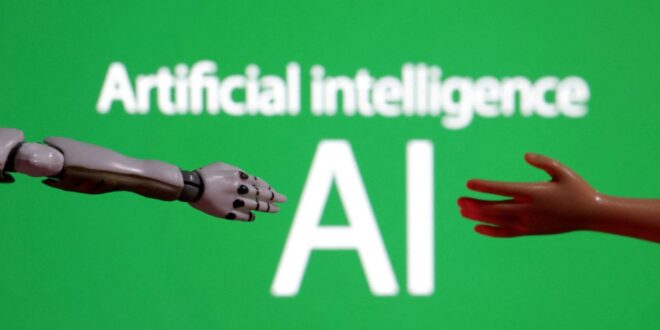A Nobel Prize-winning labour market economist has cautioned younger generations against piling into studying science, technology, engineering, and mathematics (STEM) subjects, saying as “empathetic” and creative skills may thrive in a world dominated by artificial intelligence.
Christopher Pissarides, professor of economics at the London School of Economics, said that workers in certain IT jobs risk sowing their “own seeds of self-destruction” by advancing AI that will eventually take the same jobs in the future.
While Pissarides is an optimist on AI’s overall impact on the jobs market, he raised concerns for those taking STEM subjects hoping to ride the coattails of the technological advances. He said that despite rapid growth in the demand for STEM skills currently, jobs requiring more traditional face-to-face skills, such as in hospitality and healthcare, will still dominate the jobs market.
“The skills that are needed now – to collect the data, collate it, develop it, and use it to develop the next phase of AI or more to the point make AI more applicable for jobs – will make the skills that are needed now obsolete because it will be doing the job,” he said in an interview.
“Despite the fact that you see growth, they’re still not as numerous as might be required to have jobs for all those graduates coming out with STEM because that’s what they want to do.”
He added, “This demand for these new IT skills, they contain their own seeds of self destruction.”
The popularity of STEM subjects, such as computer science, has boomed in recent years as students hope to make themselves more employable for the future world of work. The rapid rise of AI could transform the skills needed for workers as it makes some tasks and roles obsolete.
However, in the long-term, managerial, creative and empathetic skills, including communications, customer services and healthcare, will likely remain high in demand as they are less replaceable by technology, particularly AI.
“When you say the majority of jobs will be jobs that will involve personal care, communication, good social relationships, people might say ‘Oh, God, is that what we have to look forward to in the future’,” Pissarides said. “We shouldn’t be looking down at these jobs. They’re better than the jobs that school leavers used to do.” – Bloomberg
 BeritaKini.biz Berita Viral Terkini di Malaysia
BeritaKini.biz Berita Viral Terkini di Malaysia





